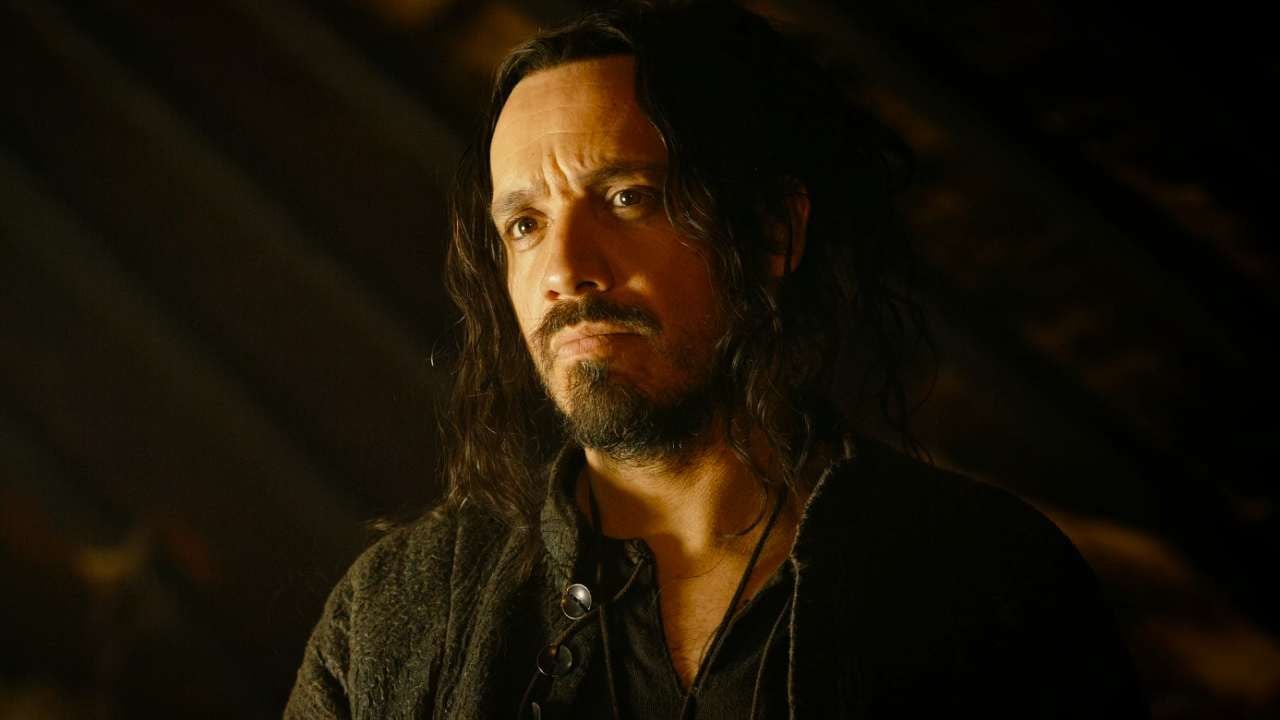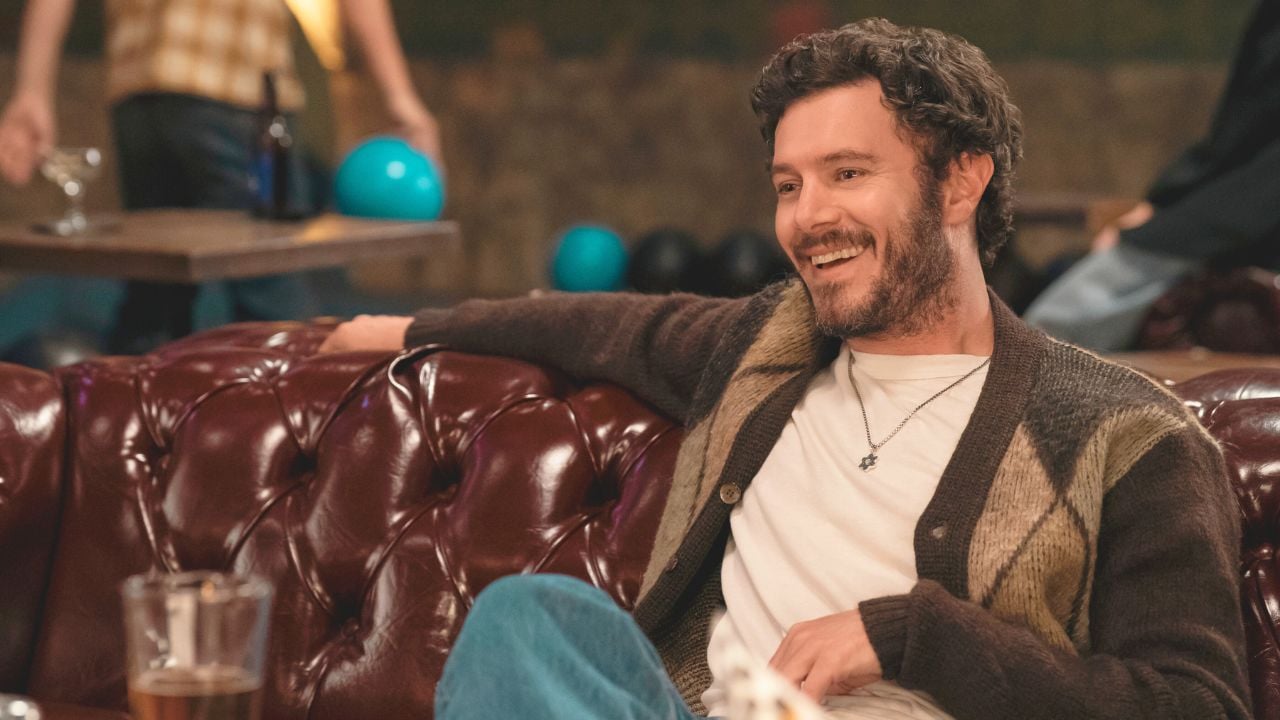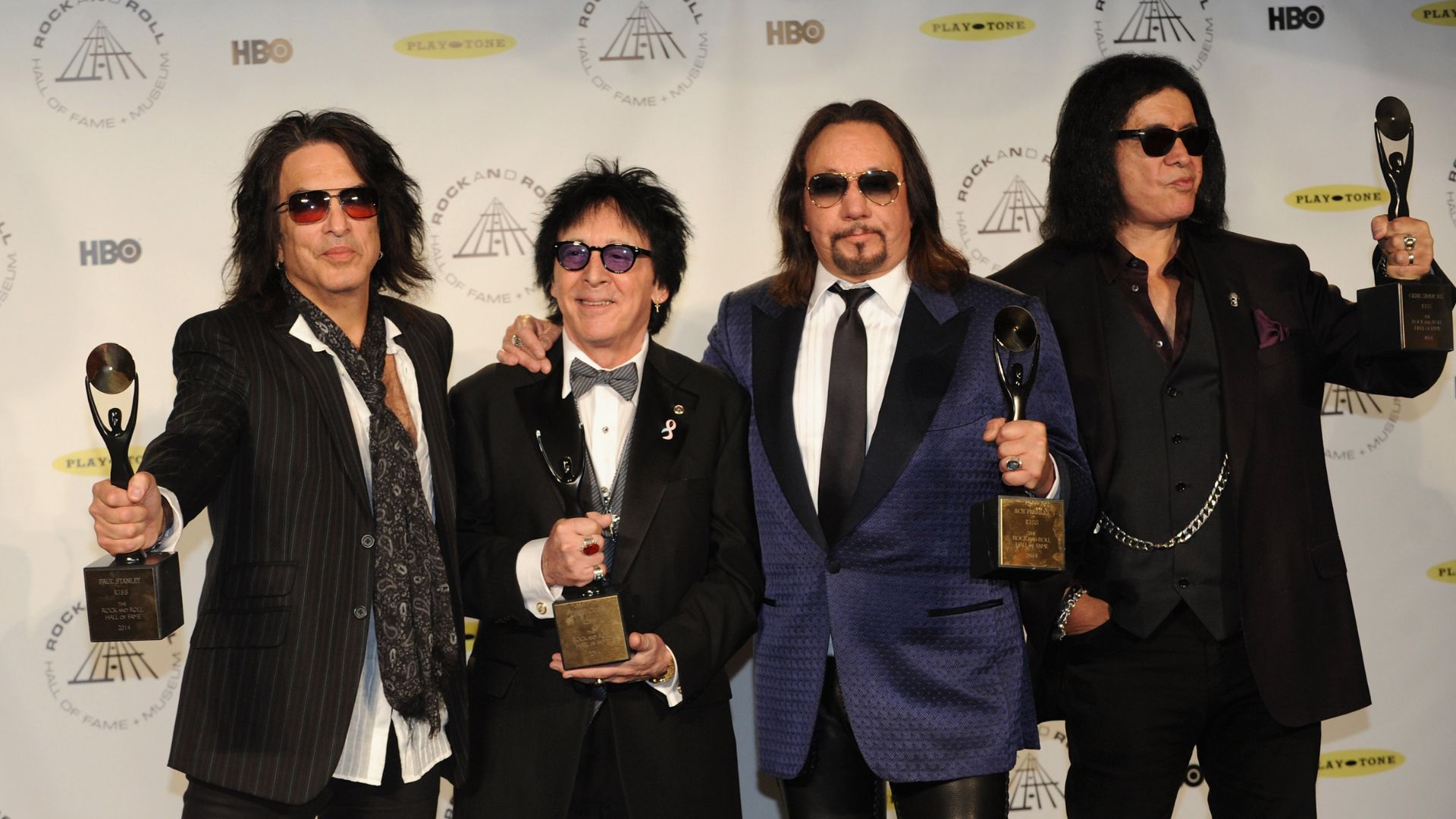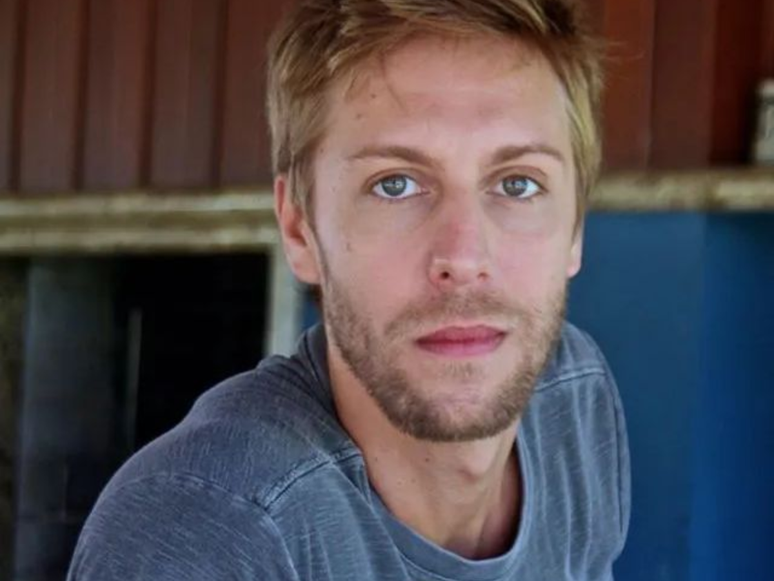Famous filmmakers raised a serious alarm during a conference on artificial intelligence (AI) in Paris, organized by UNESCO. According to them, artificial intelligence could take control not only of cinema, but of several areas of human activity.
For those in a hurry:
Joseph McGinty Nichol, director of “Terminator Salvation,” painted an apocalyptic scenario. He said artificial intelligence could replace hundreds of thousands of film industry professionals, including actors, screenwriters and visual effects artists, in the coming decades.
Experts warn that regulating AI is crucial to preserving creativity and jobs in the entertainment industry, as published by Euronews.
Artificial intelligence in cinema
The central discussion revolves around the ability of artificial intelligence to create original content. Some argue that no matter how advanced AI is, it remains a copycat and cannot rival the originality of established filmmakers.
However, Christóbal Valenzuela, CEO of Runway, a leading company in the generation of videos with artificial intelligence, sees the technology as an innovative tool that will democratize film production, making it more accessible and creative.
Valenzuela also believes that artificial intelligence can expand the reach of cinema to a wider audience. That’s because it would allow individual talent to create with just a smartphone and AI technology.
However, there is a deep distrust of this optimistic vision in Hollywood. Actors’ union SAG-AFTRA faces its longest strike yet, reflecting concerns over who owns the rights to an actor’s image if it is replicated by artificial intelligence.
Screenwriters also stopped working for months in 2023, fearing their original works would be exploited without permission by companies specializing in artificial intelligence.
Points and counterpoints

Duncan Crabtree-Ireland, SAG-AFTRA’s chief negotiator, acknowledges that AI is inevitable. But he underlines the need to protect the interests of artists. He emphasizes the importance of informed consent and fair compensation for those whose work is reproduced or replicated by artificial intelligence.
While AI promises to increase productivity by reducing the need for retakes and handling mundane tasks, there are also concerns about plagiarism and lost opportunities for budding artists.
Experts agree that regulation and global collaboration are essential to ensure that AI serves humanity and not the other way around. Therefore, legislators have a vital role to play in protecting human creativity in the world of artificial intelligence.
The post Artificial intelligence in cinema: progress brings challenges and opportunities for the industry appeared first on Olhar Digital.
Source: Olhar Digital
Rose James is a Gossipify movie and series reviewer known for her in-depth analysis and unique perspective on the latest releases. With a background in film studies, she provides engaging and informative reviews, and keeps readers up to date with industry trends and emerging talents.







